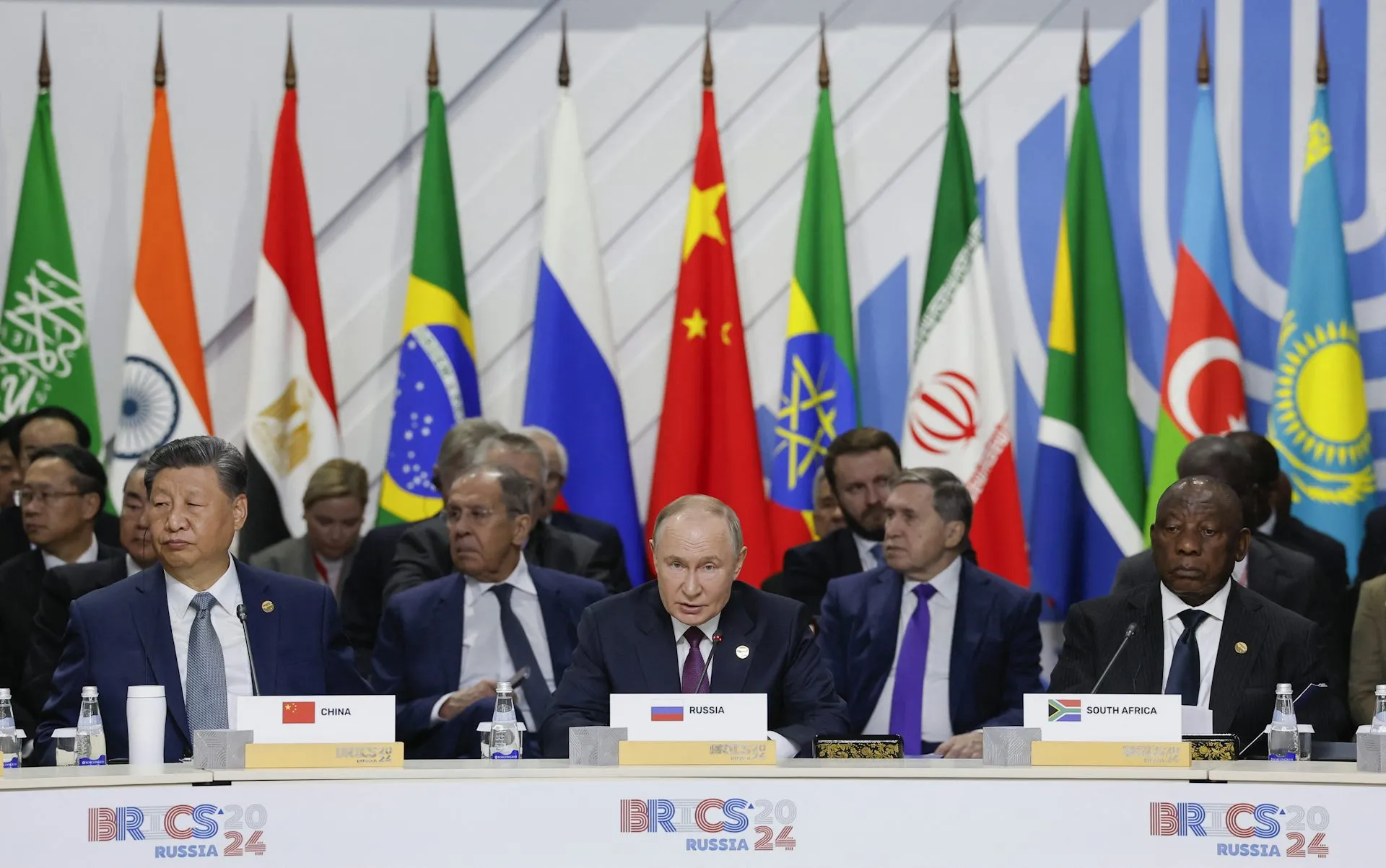Brics and Its Role in Global Geopolitics and Trade Policy

The Impact of Brics on Geopolitics
Brics, comprising leaders like Cyril Ramaphosa, Narendra Modi, and Xi Jinping, is at the forefront of geopolitical disruption. The alliance is not just about numbers; it represents a shift in global power dynamics as it challenges traditional Western dominance.
Challenges in Unifying Identity
Although Brics boasts a formidable collective population of 3.5 billion and significant economic weight, a lack of shared values complicates its mission. Diverse political agendas from leaders such as Recep Tayyip Erdogan and Vladimir Putin highlight the difficulties in achieving consensus.
Trade Policy and Multilateralism
Trade policies emerging from Brics reflect a new approach to economic collaboration. With countries like Saudi Arabia and Ethiopia involved, there's a potential for redefining trade routes and agreements. However, non-alignment strategies may result in fragmented initiatives.
Conclusion: The Future of Brics
As Brics continues to evolve, its influence on global multilateralism will be closely watched. The effectiveness of collective action versus national interests will determine whether this coalition can stand the test of time.
This article was prepared using information from open sources in accordance with the principles of Ethical Policy. The editorial team is not responsible for absolute accuracy, as it relies on data from the sources referenced.